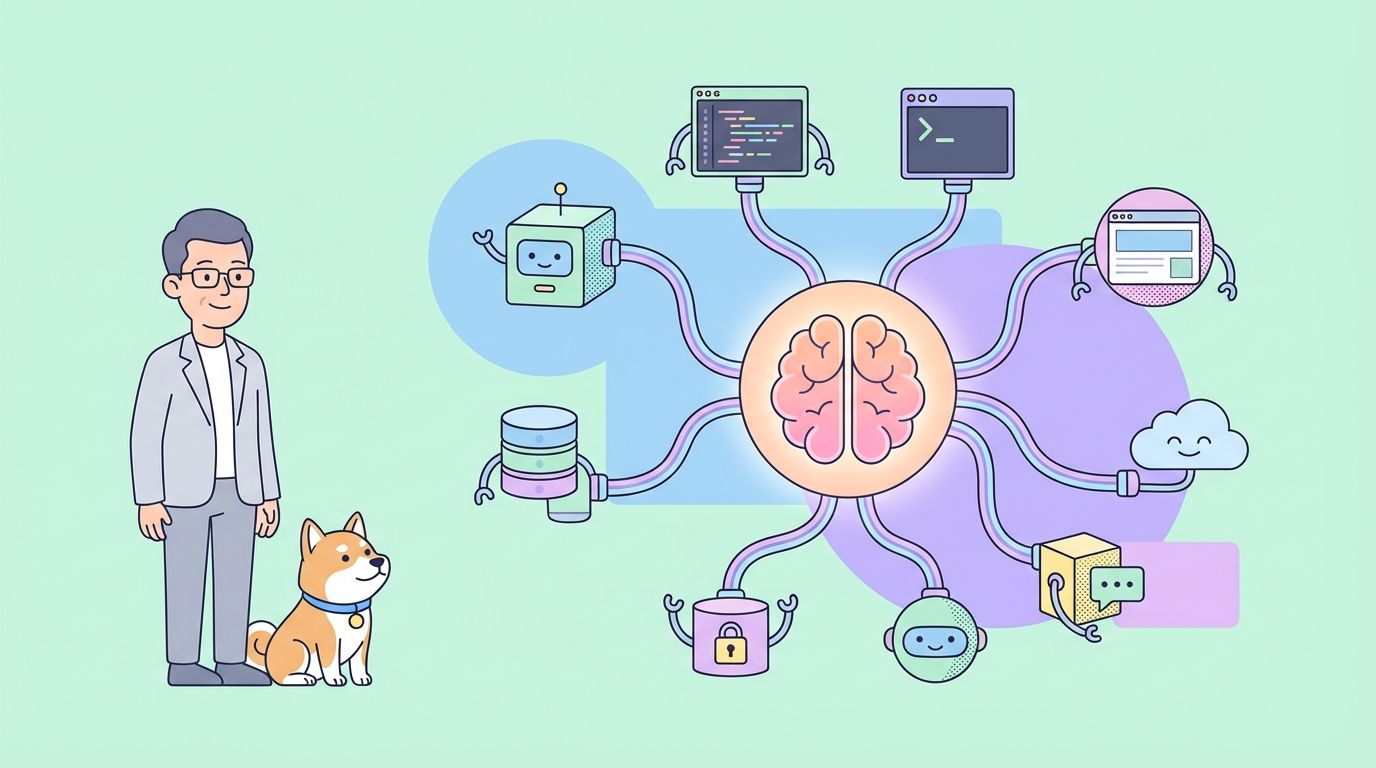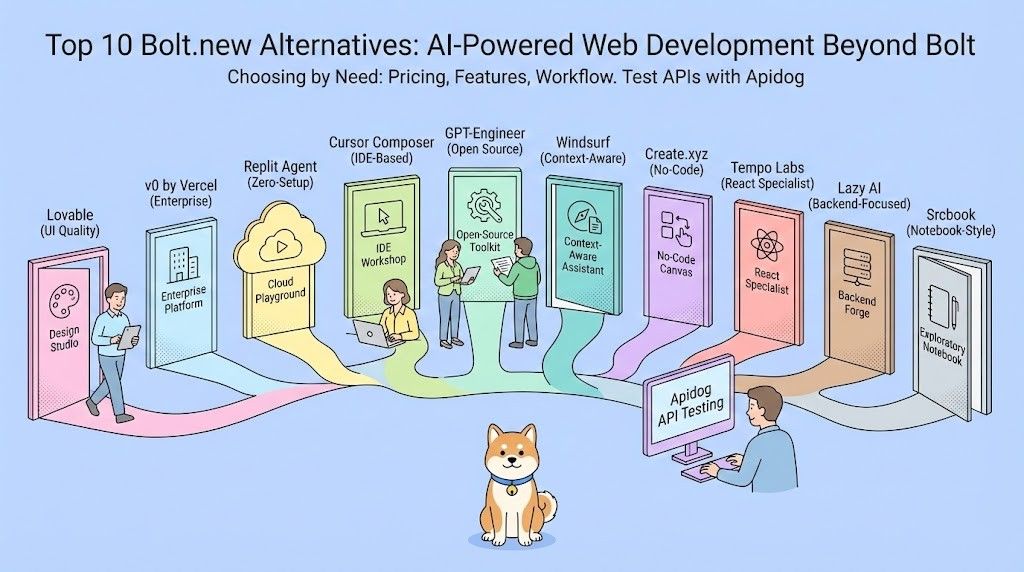
When it comes to implementing Continuous Integration (CI) and Continuous Deployment (CD), the right tools can make all the difference. There are several free CI/CD tools available that can streamline your development process, enhance collaboration, and improve software quality. Below, we will explore some of the most effective free CI/CD tools, their features, and how they can benefit your development workflow.
What Is CI/CD Tools
CI/CD tools automate the software development process. Continuous Integration (CI) refers to the practice of automatically testing and integrating code changes into a shared repository several times a day. This helps catch bugs early and improves collaboration among developers. On the other hand, Continuous Deployment (CD) automates the release of software to production, ensuring that new features and fixes are delivered to users quickly and reliably.
Key Features of Free CI/CD Tools
When selecting a free CI/CD tool, consider the following features:
- Integration with Version Control Systems: Most CI/CD tools integrate seamlessly with popular version control systems like GitHub, GitLab, and Bitbucket.
- Automated Testing: Look for tools that support automated testing frameworks to ensure code quality.
- Deployment Automation: The ability to automate the deployment process is crucial for speeding up releases.
- Scalability: Choose tools that can grow with your project, accommodating increased complexity and team size.
- User-Friendly Interface: A clean and intuitive interface can significantly reduce the learning curve for new users.
Popular Free CI/CD Tools

APIDog
- APIDog is a unique tool focused on API development and testing, providing CI/CD capabilities specifically for APIs.
- Key Features:
- API testing and monitoring.
- Integration with CI/CD pipelines for automated testing.
- User-friendly interface for managing API documentation and testing.
Apidog is more than just a documentation tool; it’s an all-in-one API platform. From designing to testing and documenting, Apidog has you covered.

Why You’ll Love Apidog:
- Comprehensive Features: Design, test, and document your APIs all in one place.
- User-Friendly: Easy-to-navigate interface, even for beginners.
- Free to Use: Yes, you heard that right! Download Apidog for free and start exploring.
If you’re looking for a tool that can do it all, give Apidog a try. You won’t be disappointed.
Jenkins
- Jenkins is one of the most widely used open-source CI/CD tools. It allows developers to automate building, testing, and deploying applications.
- Key Features:
- Extensive plugin ecosystem for integration with various tools.
- Support for distributed builds.
- Highly customizable with a robust community for support.
GitHub Actions
- GitHub Actions enables you to automate workflows directly from your GitHub repository.
- Key Features:
- Seamless integration with GitHub repositories.
- Ability to create custom workflows using YAML syntax.
- Built-in support for testing and deployment across multiple environments.
GitLab CI/CD
- GitLab offers a built-in CI/CD feature that allows you to manage your entire DevOps lifecycle within a single application.
- Key Features:
- Integrated with GitLab’s version control system.
- Auto DevOps feature for automated CI/CD pipelines.
- Support for containerized applications and Kubernetes.
CircleCI
- CircleCI is a cloud-based CI/CD tool that supports rapid software development.
- Key Features:
- Quick setup with pre-built configurations.
- Parallelism for faster builds and tests.
- Extensive integration options with third-party services.
Travis CI
- Travis CI is a cloud-based CI service that integrates with GitHub projects.
- Key Features:
- Simple configuration using a
.travis.ymlfile. - Automatic deployment to various platforms.
- Free for open-source projects.
Here are five additional free CI/CD tools that you should consider for your article on the top 10 free CI/CD tools in 2024:
Semaphore
Semaphore is a CI/CD solution designed to automate developer workflows. It offers a visual interface for modeling pipelines and provides features such as:
- Visual feedback on pipeline performance
- Smart optimization for faster builds
- Self-hosted agents for isolated environments
- Integration with compliance checks and audit trails
Semaphore is particularly known for its focus on speed and efficiency, making it a strong choice for teams looking to streamline their development processes.
Spinnaker
Spinnaker is an open-source multi-cloud continuous delivery platform created by Netflix. Its key features include:
- Powerful pipeline management system
- Support for blue/green and canary deployment strategies
- Integration with various CI tools like Jenkins and Travis CI
- Role-based access control (RBAC) for enhanced security
Spinnaker excels in managing complex deployments across multiple cloud providers, making it ideal for organizations with diverse infrastructure needs.
Argo CD
Argo CD is a Kubernetes-native continuous deployment tool that leverages GitOps principles. Its main features are:
- Declarative application management through Git repositories
- Multi-cluster deployment support
- Automated rollbacks and rollouts
- Integrated security features, including RBAC and Single Sign-On (SSO)
Argo CD is particularly suited for teams using Kubernetes, providing a streamlined approach to application deployment and management.
Buddy
Buddy is a user-friendly CI/CD tool that allows teams to create pipelines using either a graphical interface or YAML configurations. Its features include:
- Cache-optimized pipelines for faster builds
- Support for multiple deployment targets (clouds, VPS, bare metal)
- One-click rollback capabilities
- Manual approvals and role-based access control
Buddy's flexibility and ease of use make it an attractive option for teams looking to simplify their deployment workflows.
OpenShift Pipelines
OpenShift Pipelines is a Kubernetes-native CI/CD solution based on Tekton. Key features include:
- Integration with OpenShift’s container orchestration capabilities
- Support for building, testing, and deploying applications in Kubernetes environments
- Declarative pipeline definitions using YAML
- Automated triggers based on Git events
OpenShift Pipelines is ideal for organizations already invested in the OpenShift ecosystem, providing seamless integration with existing tools and workflows.
These tools complement the ones you've already mentioned, offering a variety of features that cater to different development needs and environments.
Best Practices for Implementing CI/CD Tools
To maximize the benefits of CI/CD tools, consider the following best practices:
- Start Small: Begin with a simple pipeline and gradually add complexity as your team becomes more familiar with the tools.
- Automate Tests: Ensure that your CI/CD pipeline includes automated tests to catch issues early in the development process.
- Monitor Performance: Use monitoring tools to track the performance of your CI/CD pipelines, identifying bottlenecks and areas for improvement.
- Regularly Update Tools: Keep your CI/CD tools up to date to take advantage of new features and security improvements.
Conclusion
In conclusion, free CI/CD tools like Jenkins, GitHub Actions, GitLab CI/CD, CircleCI, Travis CI, and APIDog can significantly enhance your development process. By automating testing and deployment, these tools enable teams to deliver high-quality software at a faster pace. While there are challenges associated with using free tools, the benefits often outweigh the drawbacks, making them a valuable addition to any development workflow. Embracing CI/CD practices will not only improve efficiency but also foster a culture of collaboration and innovation within your team.



